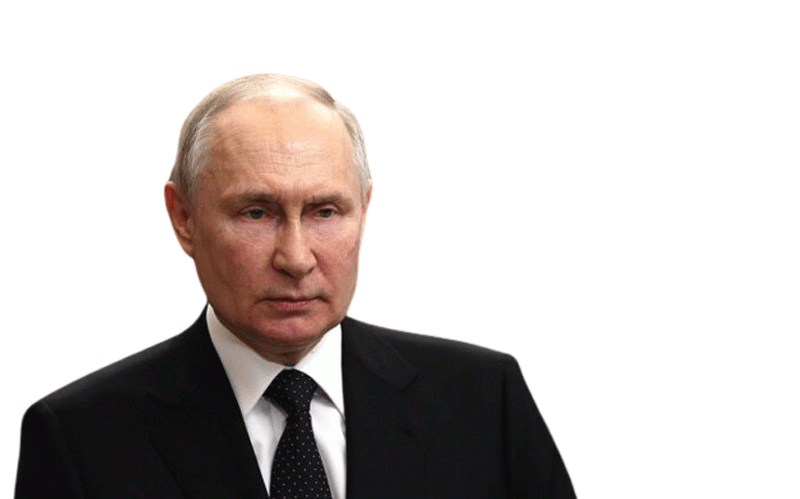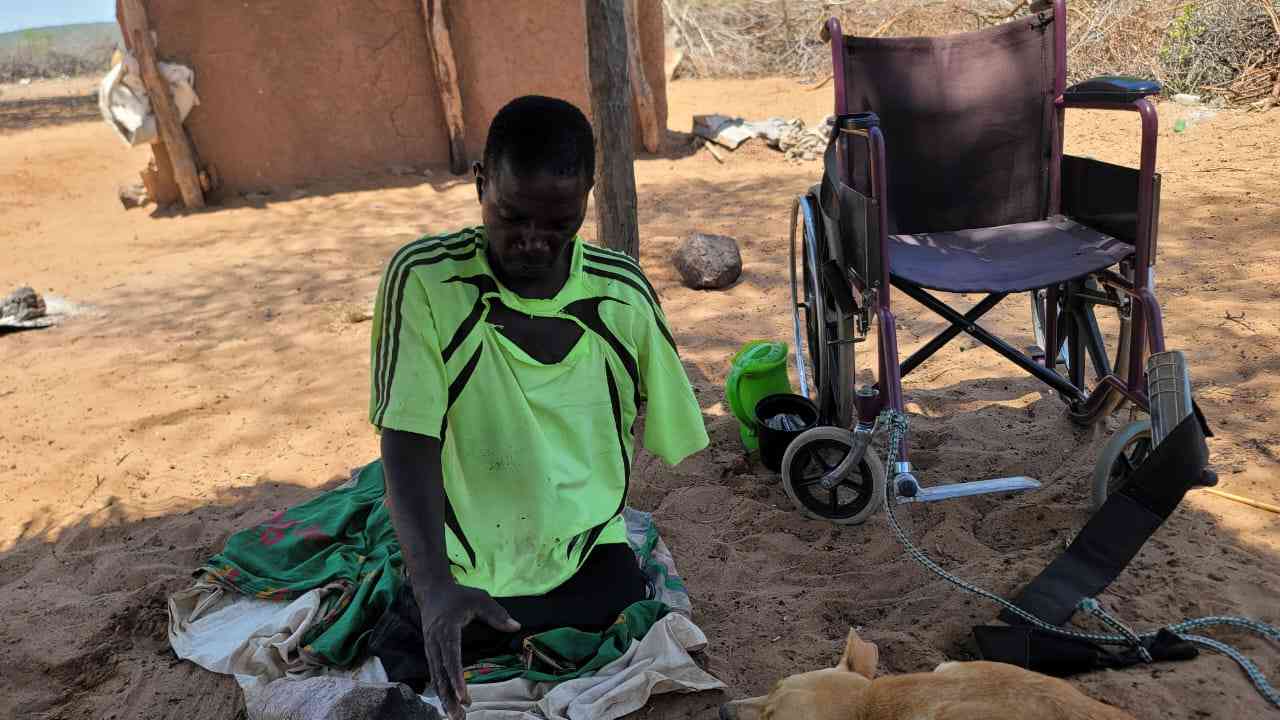
RUSSIAN President Vladmir Putin wrapped up his visit to China last week where it was reported that he aimed to secure more support for his war in Ukraine. It has been 25 months since the war in the North Atlantic Treaty Organisation (Nato)-backed Ukraine broke out with some having predicted an immediate Russian withdrawal.
Russia has proven that it is not an easy pushover even when Ukraine has the backing of more than 50 countries which are members of Nato and other European non-Nato members. While wars are bad in all aspects, Russia has proven its political, military and economic resilience in the face of Western onslaught. Some expected that by this time Russia would have been reduced to ruins with its economy down to ashes. But that is not the case.
By this time, the world was supposed to be counting the costs of war, both domestically and internationally, but egos are hindering that moment of reflection. As proven thus far, the war is supposed to have ended because it is both unwinnable and unnecessary, but this is wrong timing for such given that it is time for elections for most large economies.
The “superpowers” are engaged in elections and that is not the right season to change course and policies. In fact, the entire campaign trails must be littered with justifications for why supporting the war in Ukraine is necessary for advancing democracy and promoting the sovereignty of States.
The world does not need to reminded that Ukraine, before the Russian invasion, had its own myriad of political problems which made it hard to describe it as a democracy. Nonetheless, Americans and many others across the globe who will be casting their votes this year have little care over the Western agenda linked with war, but they do worry about its economic implications, mainly its impact on the cost of living for the public.
In fact, the Ukraine war, and its global economic implications should be some of the factors to consider as millions of people go to the polls to choose their new leaders this year. In the United States (US) for instance, there is laughable drama unfolding which threatens to put the future of the country into question. The 81-year-old Joe Biden and 77-year-old Donald Trump will be battling it out for the next tenure in office.
There are lingering questions over their age and health, the same questions they ask about other leaders mainly in Africa. The real question is whether the US has run out of political candidates to allow people of such advanced age to run for presidency.
As Americans and international analysts grapple with this question, the world’s economic and political affairs seem to be on auto-pilot mode. This is why Putin can enjoy the pleasure of meeting his Chinese counterpart to talk about Ukraine because he knows that the big bullies have major issues to worry about. And this is part of the geopolitical changes gradually unfolding.
- The brains behind Matavire’s immortalisation
- Red Cross work remembered
- All set for inaugural job fair
- Community trailblazers: Dr Guramatunhu: A hard-driving achiever yearning for better Zim
Keep Reading
As the geopolitical dynamics continue to unfold and evolve, economic ties are also fast shifting to adjust to the new realities. Trading partnerships are now being influenced by the consideration for stability and security and so is foreign direct investment.
The debate on an alternative global currency has been central for several years mainly influenced by how the US has been recklessly imposed sanctions on countries that do not toe the line and to advance its political interests. So, the non-Western economic regions have been, for some time now, seeking ways of introducing an alternative currency and Russia and China are among the countries at the forefront of this campaign.
Because of the hegemony of the US and its Western allies over the past half a decade as well as the reckless sanctions, global trade restrictions significantly spiked which has stifled other countries’ ability to trade freely and effectively. The geopolitical and trading risks have also increased. For these reasons and others, non-Western countries and some from the West have been considering an alternative currency that helps to facilitate and promote economic growth and global trade.
In any case, this should be the right course of action to take. There is no harm in anticipating, seeking, and embracing change. However, there is a possibility that by the time some Western countries are done with their elections, there could be more global changes as very few are paying attention to global dynamics because they are focused on domestic elections. The only risk is that withdrawal from the current global trading rules and regulations may cause further tensions which may trigger more political and economic instability.
It can be argued that the risk of global tensions arising from the shifting global trade can be mitigated as there are limited signs of deglobalisation which gives hope that the world is still keen on trading with one another but on different terms. The current changes seem, for now, limited to political fragmentation with trade and investment flows being rerouted along favourable lines.
Tapiwa Gomo is a development consultant based in Pretoria, South Africa. He writes here in his personal capacity.










